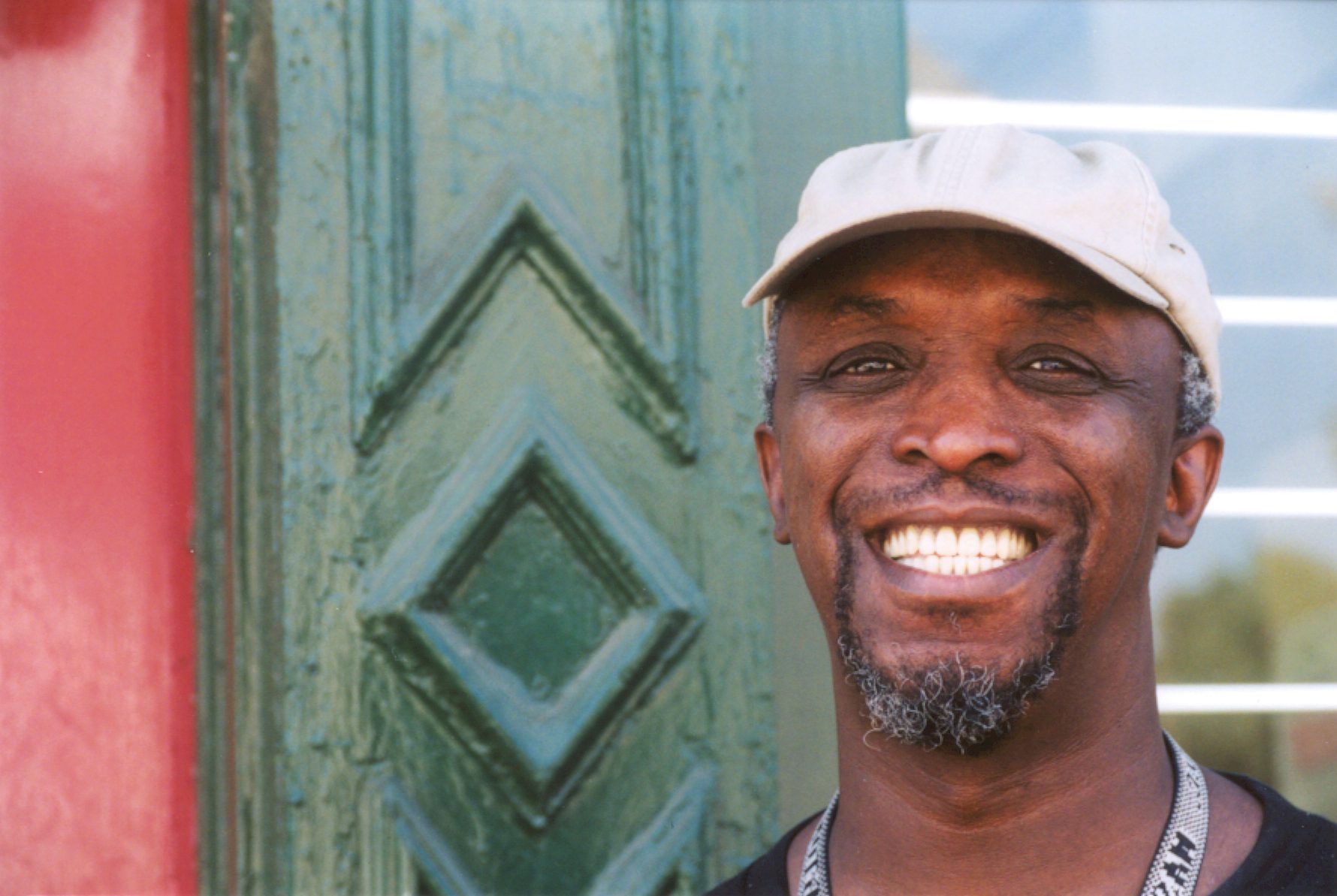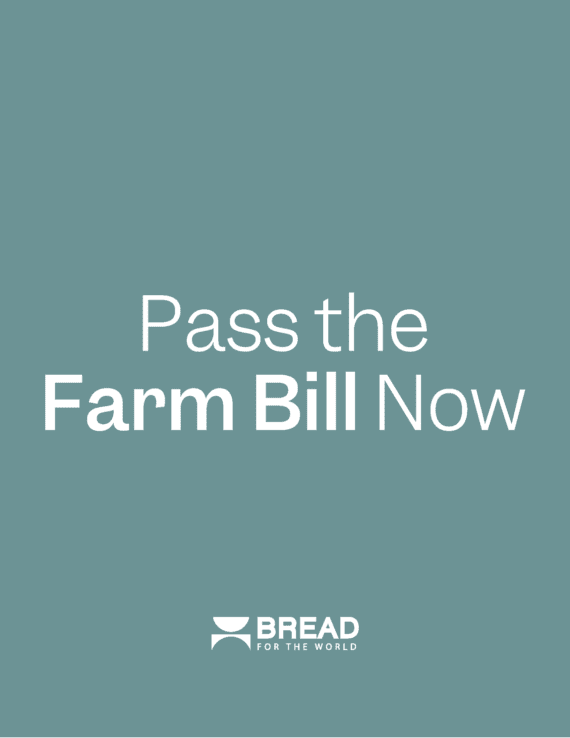By Marlysa D. Gamblin and Andrew Philip Frey
For communities most affected by hunger, like the African-American community, this election has the potential to determine if the next administration will focus on the stark realities that this community confronts, including food insecurity.
Even though the economy has improved in recent years, African-Americans are still about twice as likely to be unemployed, according to the U.S. Department of Labor. That ratio has remained the same since the civil rights era. In addition, African-Americans are disproportionately paid lower wages, making nearly $20,000 less than the median income of other U.S. households.
Lower wages and higher unemployment rates make African-Americans more likely to live in poverty (24.1 percent) than the U.S. population overall (13.5 percent). And a startling 1 in 2 African-American children under the age of 6 live in poverty. Poverty helps to explain why African-Americans are twice as likely as the overall population to experience food insecurity and/or hunger.
Low-income households with children may suffer additional hardships because of racial targeting by state and local law enforcement. This targeting puts African-Americans disproportionately at risk of being arrested, ticketed, and incarcerated – and their households at greater risk of losing income. Many low-income households with an incarcerated family member owe about $14,000 in court fees, which may be a year’s income.
This leaves little or nothing to pay for housing and food for their children. Many parents of young children are among the people who return from jail or prison each year, but many states deny them access to programs such as SNAP (formerly food stamps), putting children at risk.
African-Americans’ greater risk of suffering from hunger and poverty makes it all the more essential that as presidential candidates seek the support of this community, African-Americans raise these issues and ask candidates about their plans to redress the systemic inequalities that cause these high rates of hunger and poverty.
Hunger is not a partisan issue. Candidates on both sides should be charged with having a well-thought-out response—a response that considers the importance of our nation’s safety net and shows willingness to tackle the root causes of hunger, including racial discrimination.
Bread for the World wants to ensure that the next president and Congress make ending hunger part of their priority agenda. Without this commitment from both presidential candidates and other candidates running for office, our nation will be unable to reach our goal of ending hunger and poverty by 2030.
The stakes are high and in less than a week when we are all at the polls, we will need to vote to end hunger — supporting the presidential candidate who has committed to, and responded with, the best plan to strengthen our safety net and tackle hunger and poverty.
Marlysa D. Gamblin is domestic advisor for policy and programs, specific populations at Bread for the World Institute. Andrew Philip Frey is a former communications intern at Bread for the World.



